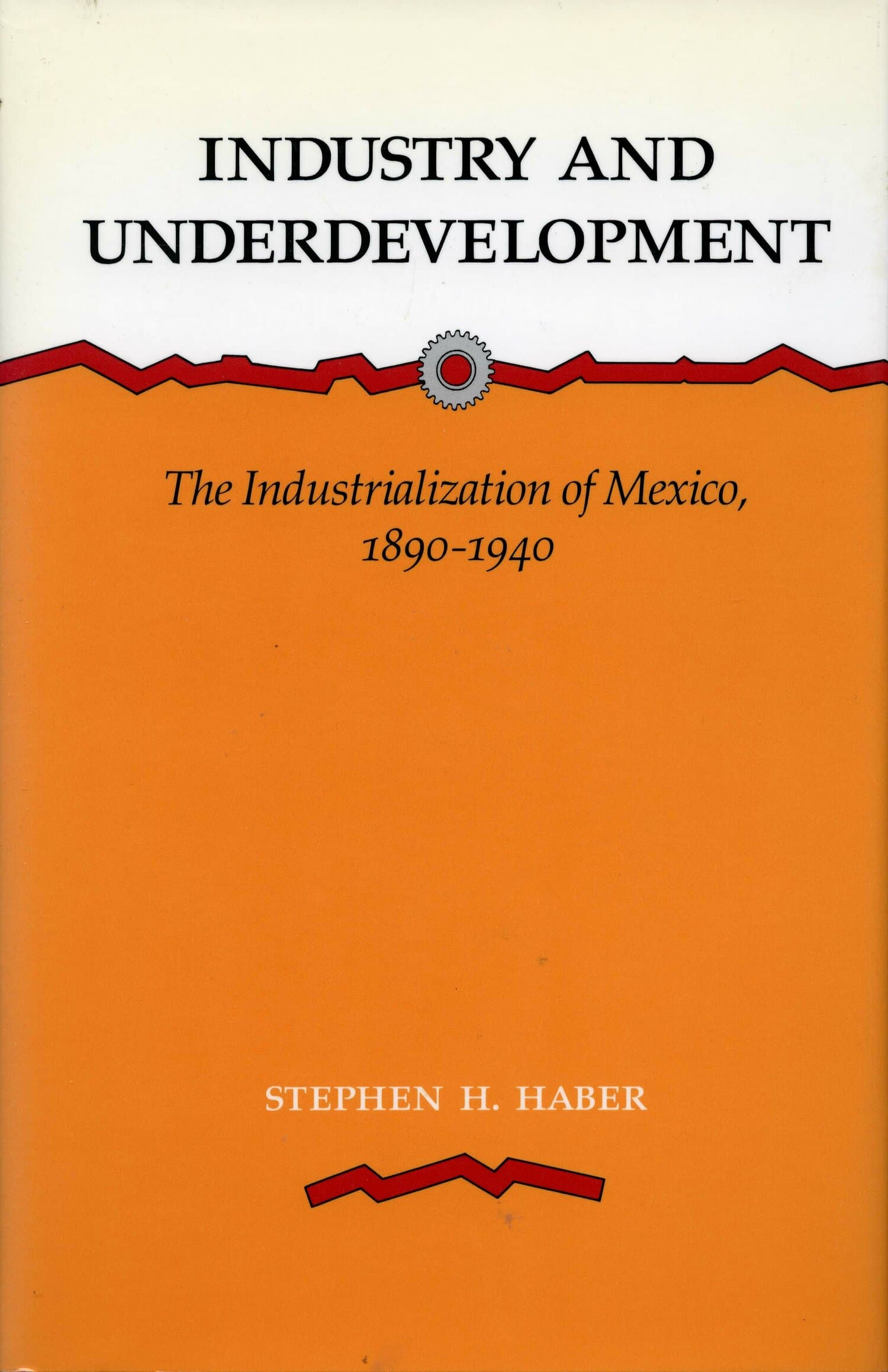Vendors' Capitalism

Mexico City's public markets were integral to the country's economic development, bolstering the expansion of capitalism from the mid-nineteenth to mid-twentieth centuries. These publicly owned and operated markets supplied households with everyday necessities and generated revenue for local authorities. At the same time, they were embedded in a wider network of economic and social relations that gave market vendors an influence far beyond the running of their stalls. As they fed the capital's population, these vendors fought to protect their own livelihoods, shaping the public sphere and broadening the scope of popular politics.
Vendors' Capitalism argues for the centrality of Mexico City's public markets to the political economy of the city from the restoration of the Republic in 1867 to the heyday of the Mexican miracle and the PRI in the 1960s. Each day vendors interacted with customers, suppliers, government officials, and politicians, and the multiple conflicts that arose repeatedly tested the institutional capacity of the state. Through a close reading of the archives and an analysis of vendors' intersecting economic and political lives, Ingrid Bleynat explores the dynamics, as well as the limits, of capitalist development in Mexico.
—Robert Weis, University of Northern Colorado
"There is no better window into the expansion of capitalism in Latin America than public markets, where the search for modernity confronted the reality of poverty. Ingrid Bleynat's pathbreaking study reveals how vendors and peddlers in Mexico City shaped a century of politics, economics and social struggles. This is an essential book about the historical dimensions of economic informality both as lived experience and discourse."
—Aurora Gómez-Galvarriato, El Colegio de México
"Non-economic historians would benefit from reading Bleynat's careful study to appreciate these intersections rendered in enjoyable prose.Vendors' Capitalismwill also appeal to scholars and students interested in development, urban, and economic history. In highlighting markets' crucial role in the political economy of Latin America's most populous city, Bleynat's study articulates a need to more closely investigate the experiences and impact of individuals and sectors that do not neatly fit within the capitalist framework.—Molly C. Ball, H-LatAm
"Vendors' Capitalism is a fascinating window on the economic, social, and political world of a large segment of Mexican laborers. ... [T]he argument that Vendors' Capitalism presents is of tremendous value to scholars of Mexico and Latin America and to any observer of global capitalism in the era of the gig economy."—Maria-Aparecia Lopes, Hispanic American Historical Review
"[T]he expansive time period of the book enables Bleynat to demonstrate the historical and more contemporary centrality of markets as contested spaces and as spaces of subsistence, since selling was a primary means of production for a significant number of Mexico City residents across this time period. Vendors' Capitalism will be essential scholarship for its contributions to Mexican history and comparative urban history of markets and sellers; it should also be read by those interested in the informal economy, internal worker hierarchies, contested public spaces, the politics of union organising, urban planning and urban development."—Christina M. Jiménez, Journal of Latin American Studies
"Vendors' Capitalism is an essential read for anyone interested in urban governance and development in Mexico."—Keegan Boyar, American Historical Review




